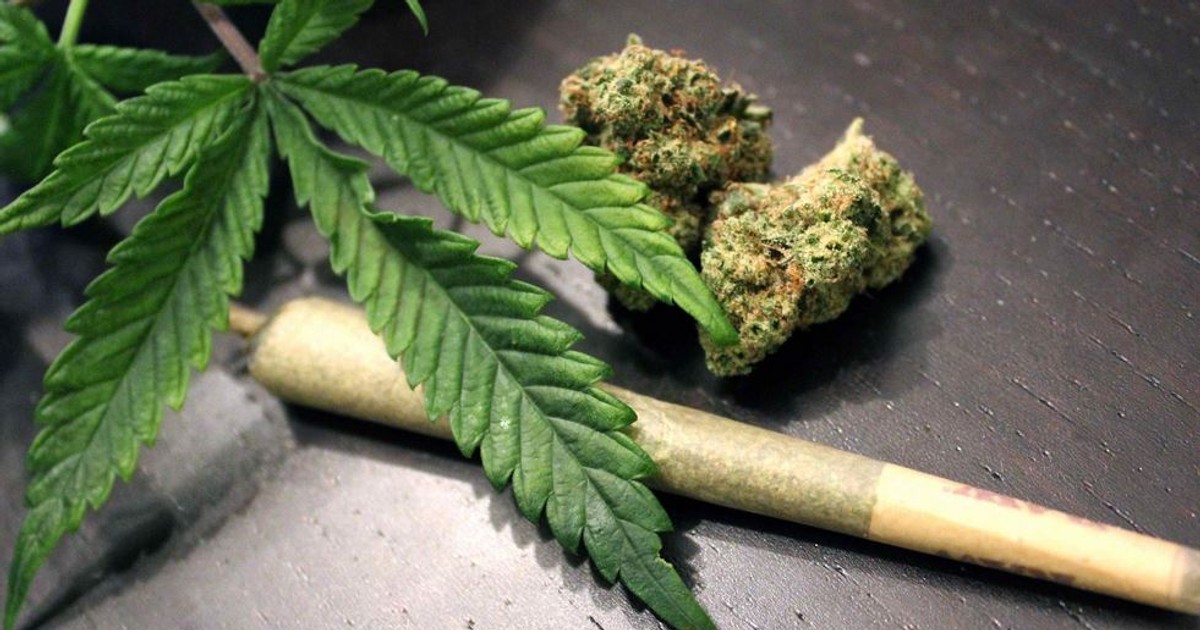[[{“value”:”
South Africa’s Minister of Health Aaron Motsoaledi revealed that his department will soon publish draft regulations for the sale of cannabis-infused foods.
This follows the withdrawal of previous regulations in April, which had banned the import, manufacture, and sale of all cannabis-based food products, including Sativa, Indica, Ruderalis, and hemp seed oil or powder.
BusinessTech reports that the initial ban faced significant criticism from experts and industry leaders, particularly for prohibiting cannabis derivatives like hemp, which were not illegal.
ADVERTISEMENT
Critics argued that the move undermined South Africa’s efforts to expand its cannabis market.
Following intervention from President Cyril Ramaphosa, the controversial regulations which have been condemned for lacking public consultation. were ultimately rescinded.
As of today, South Africa remains the only country in Africa without legislation regulating recreational cannabis use.
In contrast, many other African nations have passed laws permitting cannabis for industrial and medical purposes, though not for recreational use.
ADVERTISEMENT
The South African Medical Research Council (SAMRC) has raised public health concerns regarding cannabis edibles
AP Photo/Denis Farrell, File
In May 2024, the South African government passed the Cannabis for Private Purposes Act, following a 2018 Constitutional Court ruling that declared the criminalization of home use and cultivation of cannabis for personal use by adults unconstitutional.
However, on March 7, 2025, the government introduced a ban on all edible cannabis products, including capsules, gummies, baked goods, and beverages, under the National Department of Health’s guidance.
This move sparked significant controversy among cannabis advocates and industry players, and the ban was lifted on March 26, 2025, pending further consultation.
The South African Medical Research Council (SAMRC) raised public health concerns regarding cannabis edibles, particularly those that might appeal to children and adolescents.
ADVERTISEMENT
Accidental or intentional consumption of products containing Δ9THC, the psychoactive compound in cannabis, is a key concern.
A recent review revealed that children under 12 often unintentionally ingest THC edibles, mistaking them for regular treats.
THC edibles are known for their prolonged effects, with some individuals experiencing psychosis symptoms lasting up to several days.
Minister Motsoaledi, while responding to questions in Parliament, clarified that the ban on cannabis-infused foods was a prohibition order under the Foodstuffs, Cosmetics, and Disinfectants Act, which does not require consultation.
However, he confirmed that new regulations will be drafted and made available for public comment soon.
ADVERTISEMENT
He explained, “The department had noted a number of incidents where children had consumed foods containing cannabis products,” which likely contained high levels of THC or CBD.
“In the best interest of children’s health, the department decided to prevent the sale of all foods containing cannabis.”
Motsoaledi also referenced research showing the risks of cannabis on developing brains, saying, “There have been numerous cases where children have become ill after consuming foods containing cannabis.”
“}]] The South African government has announced plans to release new regulations for cannabis use following the backlash against its earlier decision to ban the product Read More


